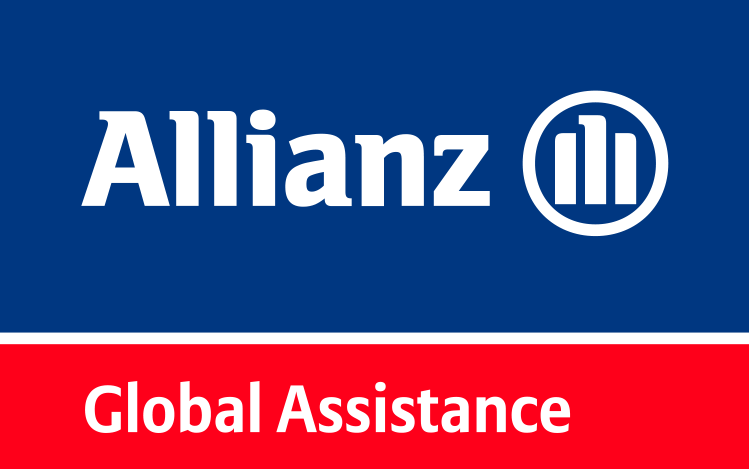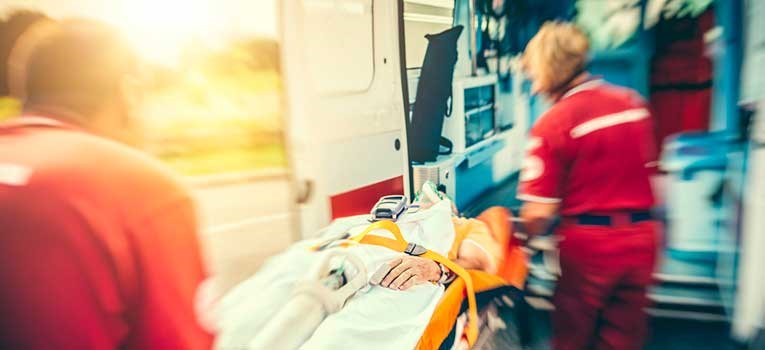As much as we look forward to travelling to other places, we also appreciate coming back home again. If a traveller becomes ill or gets injured while abroad and needs emergency medical treatment, they might have to cut their trip short. Depending on the severity of their illness or injury, this could leave them trying to figure out how to get back home, either by commercial flight or air ambulance.
Travellers can find relief knowing that
travel insurance may include benefits to help bring a traveller home in an emergency where required and can help take care of details as well as eligible expenses.
Below is a look at what the medical evacuation and repatriation process involves:.
- The first priority when a Canadian is hospitalized due to a medical emergency while travelling and has medical transportation benefits, including evacuation and repatriation, is to ensure that they are at an appropriate medical facility and getting the emergency care they need.
- If the patient's condition improves and their doctor and the travel insurance provider's medical team say they are well enough to travel, the travel insurance provider will usually arrange for them to fly home to continue their treatment.
- The travel insurance provider will contact local hospitals near the patient's home in Canada if they need to be readmitted upon returning to Canada. Hospitals always give priority to patients who live in their catchment area. Once a hospital is located, the travel insurance provider will identify an accepting physician and coordinate a transfer of medical information between the accepting physician and the sending physician.
- After the receiving physician agrees to accept the patient, a bed must be available at the facility where the physician is located before the medical repatriation can happen. The search for a hospital bed will be expanded beyond the catchment area of the patient’s residence if one cannot be secured there within a reasonable timeframe.
Securing a bed can take from a few hours to several weeks depending on factors including:
- Type of bed needed (ex. ICU vs. medical bed).
- Outbreaks in a facility: Hospitals with flu outbreaks will not be allowed to receive any additional patients until the outbreak is contained.
- Volume of ‘overflow patients’ in the emergency ward: Hospitals redirect patients to other facilities when they are at capacity.
- Availability of equipment or procedures to care for the patient’s condition.
- Timing of bed availability as it pertains to a patient’s needs. Ex.: There may only be a small window of time that the patient has before a surgery needs to be done to have the best outcome. If a bed is not available in time, then the patient cannot be moved.
- When a receiving bed becomes available, the travel insurance provider schedules the appropriate mode of transportation based on care needs which could include: air ambulance, commercial flight with escort, ground ambulance etc. The provider will continue to monitor the repatriation every step of the way until the patient is settled in at the receiving hospital in Canada.
Throughout the repatriation process, the patient’s well-being is the first priority. As such, patients are only transported when both the treating physician and the travel insurance provider’s medical team have fully confirmed that the patient is stable enough to travel, and a receiving physician and bed at an appropriate facility within their catchment area in Canada have been arranged.
Even after seeing the world, most travellers agree that there’s no place like home. It's comforting to know that medical transportation and repatriation insurance benefits can help if you experience a travel emergency and need to return early. These benefits can help return you to familiar surroundings and put you well on the road to recovery.
If you have any questions about your travel insurance coverage, make sure to contact Allianz Global Assistance at 1-844-310-1578.
Travel insurance is underwritten by CUMIS General Insurance Company, a member of The Co-operators Group of Companies, administered by Allianz Global Assistance, which is a registered business name of AZGA Service Canada Inc.

